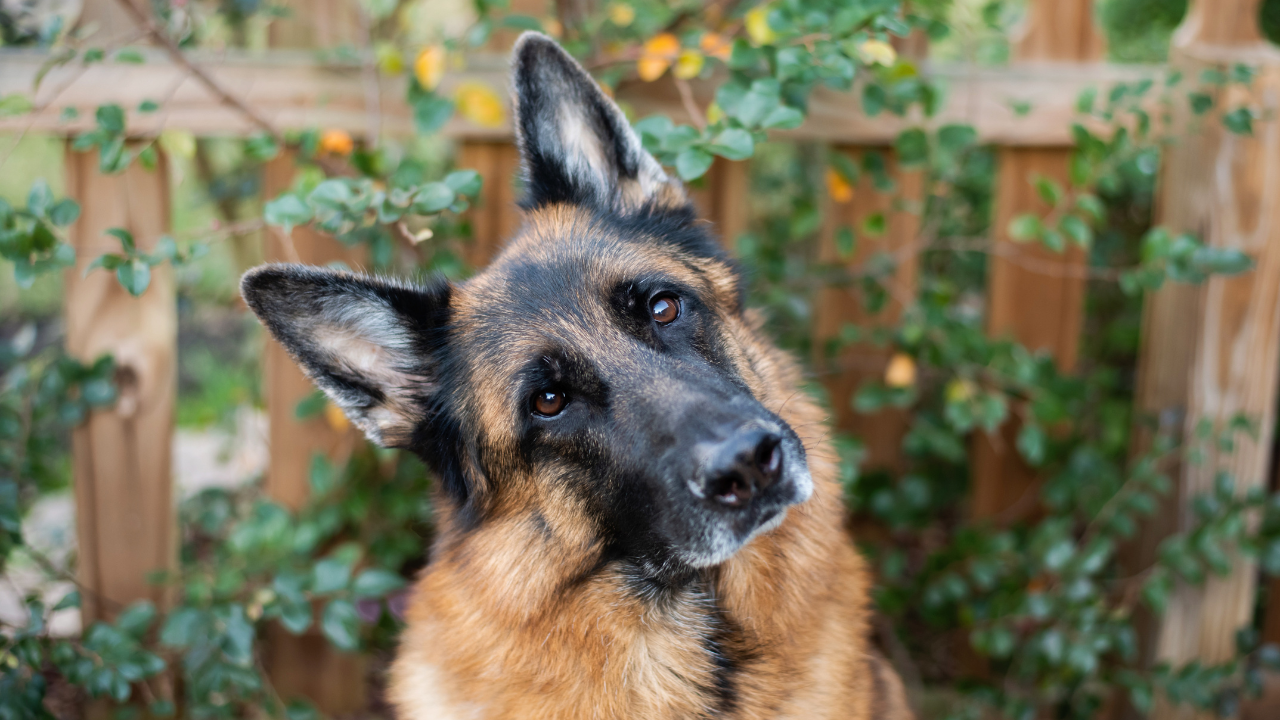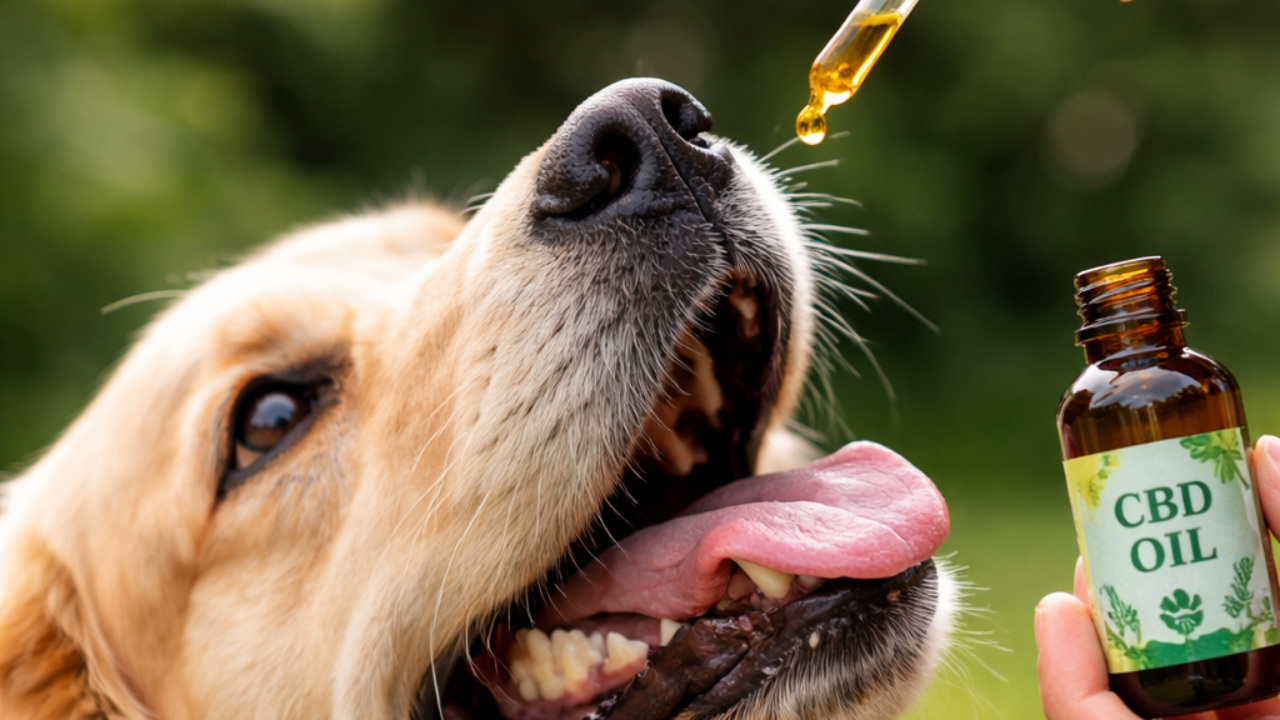Hemangiopericytoma in Dogs: Unraveling the Mystery with Humor and Heart
Nov 01, 2024
Hemangiopericytoma—try saying that five times fast! This tongue-twister of a term refers to a rare type of tumor in dogs. But fear not, dear reader, because we're here to decode this enigma with a dash of humor and a sprinkle of heart.
So, grab a cup of coffee (or a bone, if you're a pup reading this), and let's embark on this educational adventure.
What is Hemangiopericytoma in Dogs?
For starters, hemangiopericytoma is a soft tissue sarcoma that arises from pericytes, the cells that wrap around blood vessels. Sounds fancy, right?
It usually manifests as a lump under the skin and can appear anywhere on a dog's body. But before you start worrying, remember that knowledge is power, and we're arming you with all the insights you need.
Transitioning from the scientific to the practical, let's dive into the world of symptoms, treatments, and prevention tips.
Along the way, we'll sprinkle in some humor to make this journey as enjoyable as wagging a tail on a sunny day.
Spotting the Symptoms: When to Call the Vet
Ah, symptoms—the little hints our furry friends give us when something's amiss. With hemangiopericytoma, these clues can sometimes be subtle. But don't worry, we have a checklist that will make you feel like a dog detective on a mission.
First up, lumps and bumps. While every dog has a unique landscape of lumps, a new or rapidly growing bump might warrant a vet visit.
Picture this: you're running your hands over your dog's belly during a belly rub session, and you feel something unusual. That's your cue to say, "Time for a vet trip!"
Next, keep an eye out for changes in your dog's behavior. Are they limping or avoiding their usual zoomies? These could be signs of discomfort. Dogs are masters at hiding pain—after all, they can't just say, "Hey, mom, my leg hurts!" So, it's up to us to play detective.
Lastly, watch for any changes in appetite or energy levels. If your once-enthusiastic eater is suddenly turning their nose up at dinner, it might be time to dig deeper.
Remember, early detection is key, and a quick vet visit can make all the difference.
Diagnosis: The Vet's Detective Work
Once you've spotted something suspicious, it's time for the professionals to step in.
The vet clinic becomes the scene of the investigation, and your dog is the star of the show. But don't worry, no need for a dramatic "Law & Order" soundtrack here—just some gentle probing and testing.
The vet will likely start with a physical examination, feeling for lumps and assessing your dog's overall health.
Then, they might recommend imaging tests like X-rays or ultrasounds. Picture your pup striking a pose for their very own glamour shots, all in the name of science!
If the vet suspects hemangiopericytoma, a biopsy might be on the cards. This involves taking a small tissue sample for analysis. It's like sending a piece of evidence to the lab for confirmation. Your pup might give you the side-eye for this one, but it's all part of the process.
Throughout this detective work, communication is key. Your vet will keep you in the loop, explaining every step of the journey. Remember, you're part of the team, and together, you're working towards the best outcome for your furry friend.
Treatment Options: A Tailored Approach
When it comes to treating hemangiopericytoma, there's no one-size-fits-all solution. Instead, it's all about tailoring the approach to fit your dog's unique needs. Think of it as crafting a bespoke suit, but with a much more important purpose.
Surgery is often the first line of defense. The goal is to remove the tumor and a margin of healthy tissue around it.
Your dog might sport a stylish shaved patch post-surgery, but don't worry—it'll grow back, and they'll be rocking their new look in no time.
Radiation Therapy Might Be Recommended
Radiation therapy might be recommended if surgery isn't feasible or if the tumor has spread. Picture your pup in a superhero cape, ready to zap those pesky cancer cells into oblivion.
While it sounds intense, modern veterinary medicine ensures your dog receives the best care possible.
Chemotherapy as an Option
For some cases, chemotherapy might be on the table. This can be a daunting prospect, but remember, your vet is there to guide you through it.
They're the Gandalf to your Frodo, leading you on this unexpected journey with wisdom and compassion.
Alternative Therapies: A Holistic Perspective
In the realm of hemangiopericytoma, alternative therapies can play a supporting role. These approaches focus on the whole dog, aiming to enhance well-being alongside traditional treatments.
Think of it as adding a sprinkle of fairy dust to the healing process.
Acupuncture?
Acupuncture is one such option—yes, for dogs! Picture your pup relaxing on a cozy bed, tiny needles expertly placed to promote healing and reduce discomfort. It's like a spa day for your furry friend, with added health benefits.
Herbal Remedies
Herbal remedies can also be part of the holistic toolkit. From turmeric to milk thistle, certain herbs have anti-inflammatory and immune-boosting properties.
But remember, always consult your vet before introducing new supplements—safety first!
Full-Spectrum Hemp Extract
Last but not least, CBD has gained popularity in the canine world. Known for its potential to reduce pain and anxiety, CBD can be a valuable addition to your dog's treatment plan.
Just make sure you're sourcing it from a reputable provider, with your vet's blessing.
Prevention Tips: Keeping the Tumor at Bay
While hemangiopericytoma can't always be prevented, there are steps you can take to reduce the risk.
Think of these tips as building a fortress of health around your beloved pup, complete with a moat and drawbridge.
Regular Check-Ups
First and foremost, regular vet check-ups are your best defense. These visits allow for early detection of any health issues, giving you peace of mind and your dog a chance to show off their wagging tail at the clinic.
Healthy Diet
A balanced diet is another key component. Feed your dog high-quality food that supports their overall health. Imagine you're the head chef at a five-star restaurant, crafting gourmet meals for your furry VIP.
Adequate Exercise
Exercise is equally important. Keeping your dog active promotes a healthy weight and boosts their immune system. So, grab that leash and head out for a walk—your dog will thank you with every joyful leap.
Support Networks: You're Not Alone
Dealing with a hemangiopericytoma diagnosis can be overwhelming, but remember, you're not alone.
There's a whole community of dog lovers ready to support you on this journey. It's like having a pack of friends by your side, cheering you on every step of the way.
Online Forums and Social Media
Online forums and social media groups are great places to connect with others who understand what you're going through. Share stories, ask questions, and find comfort in knowing you're part of a compassionate community.
Don't forget about your vet and their team. They're your partners in this fight, ready to provide guidance and answer any concerns. Imagine them as the wise mentors in your dog's epic quest, always there to lend a hand.
Lastly, consider reaching out to organizations like the Drake Dog Cancer Foundation. They offer educational resources, counseling, and support networks.
It's like having a superhero squad dedicated to helping you and your dog conquer cancer.
Emotional Well-being: Caring for You and Your Dog
Amidst the medical jargon and treatment plans, it's important to remember the emotional side of this journey. Both you and your dog need care and support to navigate the challenges ahead.
It's like tending to a garden, nurturing the mind and soul alongside the body.
Start by creating a calm, loving environment at home. Your dog will pick up on your emotions, so try to stay positive and reassuring.
Picture yourself as the rock in the storm, providing stability and comfort when the waves get rough.
Seek Support When Needed
For your own well-being, don't hesitate to seek support from friends, family, or a counselor. Talking about your feelings can be incredibly healing, like sharing a warm cup of tea with a close friend. Remember, it's okay to lean on others.
And don't forget to pamper your pup with extra love and attention. Whether it's belly rubs, playtime, or simply snuggling on the couch, these moments are precious.
They're the sunshine breaking through the clouds, reminding you both of the strength within.
Success Stories: Tales of Triumph
To wrap up our journey, let's celebrate some success stories. These are tales of triumph, where dogs and their humans faced hemangiopericytoma head-on and emerged victorious. They're the uplifting anecdotes that remind us of the power of resilience.
Bella
Meet Bella, a sprightly Beagle who conquered her tumor with the help of a dedicated vet team and a loving family. Today, she's back to her daily squirrel patrols, living her best life with a wagging tail and a happy heart.
Max
Then there's Max, a brave Labrador who underwent surgery and radiation therapy. His journey wasn't easy, but with the support of his loving humans, he's now cancer-free and chasing tennis balls like a pro.
These stories are a testament to the strength of the human-animal bond. They're the heartwarming tales that inspire us to keep fighting, knowing that love and determination can overcome even the toughest challenges.
Hope and Healing
As we conclude this adventure into the world of hemangiopericytoma, let's reflect on the journey we've taken together.
From understanding symptoms to exploring treatments and embracing emotional well-being, we've covered it all with humor and heart.
Remember, knowledge is your greatest ally, and you're not alone in this fight. With a supportive community and a dedicated vet team, you and your dog can navigate this journey with hope and strength.
So, as you move forward, hold your head high and your dog's leash firmly. You're both warriors, ready to face whatever comes your way. And who knows? Maybe one day, you'll be sharing your own success story, inspiring others with your tale of triumph and love.
Become a Dog Cancer Coach.
Transform your passion for dogs into a meaningful, heart-led career with our Holistic Dog Cancer Coach Certification—an in-depth, flexible online program designed for compassionate caregivers ready to make a difference.
Stay connected with news and updates!
Join our mailing list to receive the latest news and updates from our team.
Don't worry, your information will not be shared.
We hate SPAM. We will never sell your information, for any reason.





